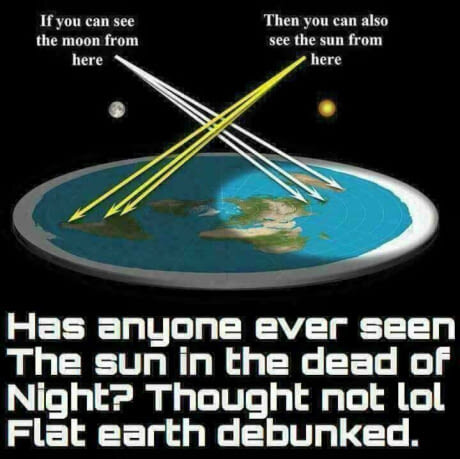Science and Evidence
Skeptics constantly throw the word evidence at believers as if it has some spectacular meaning. Is that too difficult for you to understand? Does not compute?
First of all when you give a dictionary definition of the word evidence to a skeptic it is evidence for the word evidence, but a skeptic will say it doesn't mean much. Definition of evidence: "The available body of facts or information indicating whether a belief or proposition is true or valid." Two important points: first the evidence is used to determine if true or not, and second it includes whether or not a belief as well as proposition is true or valid. Truth is defined as a fact or belief that is accepted as true.
Either way you look at it believers have more evidence and truth than science because they believe it more and it is accepted more. It's almost completely meaningless. Saying science has the evidence is like saying you believe current science to be a valid belief. These facts may change but we are told by science to believe them. For now. We evolved. There was no flood. We are not religious because we don't believe there are any gods. We believe there are no gods. We have no way of knowing what a god is.
First of all when you give a dictionary definition of the word evidence to a skeptic it is evidence for the word evidence, but a skeptic will say it doesn't mean much. Definition of evidence: "The available body of facts or information indicating whether a belief or proposition is true or valid." Two important points: first the evidence is used to determine if true or not, and second it includes whether or not a belief as well as proposition is true or valid. Truth is defined as a fact or belief that is accepted as true.
Either way you look at it believers have more evidence and truth than science because they believe it more and it is accepted more. It's almost completely meaningless. Saying science has the evidence is like saying you believe current science to be a valid belief. These facts may change but we are told by science to believe them. For now. We evolved. There was no flood. We are not religious because we don't believe there are any gods. We believe there are no gods. We have no way of knowing what a god is.






















